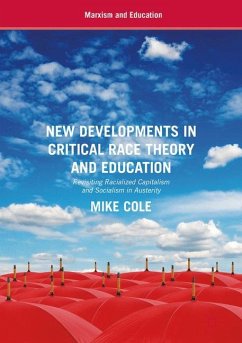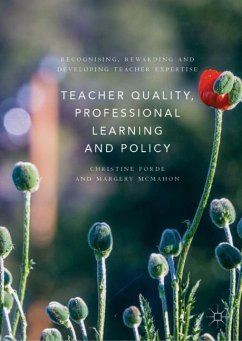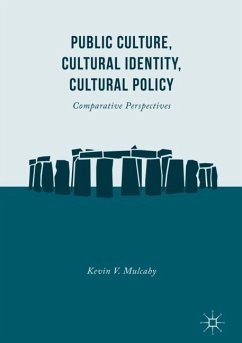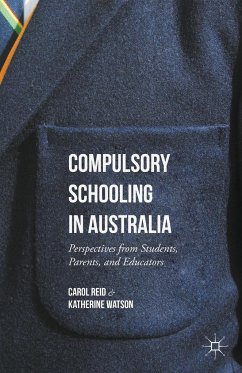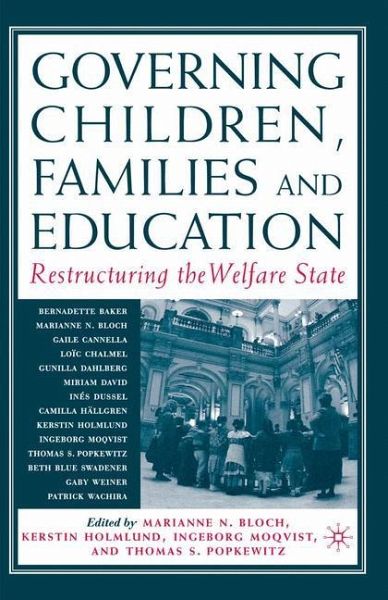
Governing Children, Families and Education
Restructuring the Welfare State
Herausgegeben: Bloch, M.; Popkewitz, Thomas S.; Holmlund, K.; Moqvist, I.
Versandkostenfrei!
Versandfertig in 6-10 Tagen
28,99 €
inkl. MwSt.

PAYBACK Punkte
14 °P sammeln!
This is a collection of essays that address the international changes in welfare policy. The book discusses the new patterns of governing associated with the notions of welfare, care, and education that emerge during the late Twentieth and early Twenty-first-centuries. The issues examined are, among others, the role of international donors and their emphasis on efficiency and lower social subsidies, international migration and its impact on welfare policy inclusions (and exclusions), and national policy change. While representing many different locations and traditions, contributors work withi...
This is a collection of essays that address the international changes in welfare policy. The book discusses the new patterns of governing associated with the notions of welfare, care, and education that emerge during the late Twentieth and early Twenty-first-centuries. The issues examined are, among others, the role of international donors and their emphasis on efficiency and lower social subsidies, international migration and its impact on welfare policy inclusions (and exclusions), and national policy change. While representing many different locations and traditions, contributors work within a variety of critical theoretical perspectives that critique our cultural ways of reasoning about the care and education of the child, the role and practice of the state, and the social and cultural construction of citizenship and nationhood.



